 04-08-2023
04-08-2023- Blog
- 0 comments
- 4272 Views
The choice between solid wood flooring and engineered wood flooring is indeed a common question, and both options have their merits. Engineered wood flooring has gained popularity for several reasons, and here are some of the key advantages that often lead people to choose engineered wood
Stability: One of the most significant advantages of engineered wood flooring is its superior stability compared to solid wood. Engineered wood is constructed with multiple layers of wood, stacked in a cross-grain configuration and bonded together. This design makes it less susceptible to expanding and contracting with changes in humidity and temperature. As a result, engineered wood is a suitable option for environments with fluctuating moisture levels, such as basements and areas with underfloor heating.
Versatility in Installation: Engineered wood can be installed in various ways, including floating, glue-down, or nail-down methods. This flexibility allows for installation over different types of subfloors, including concrete, which is not suitable for solid wood. The ability to install engineered wood directly over concrete expands its usability and opens up design possibilities.
Environmentally Friendly: Engineered wood uses less hardwood material in its construction. The top layer, known as the veneer, is made of real hardwood, but the inner layers are often made from fast-growing and sustainable wood species. This results in less impact on the environment and a more efficient use of natural resources compared to solid wood.
Cost-Effectiveness: In many cases, engineered wood is more budget-friendly than solid wood. While high-end engineered wood products can be expensive, there are more affordable options available that still offer excellent quality. Additionally, the cost savings from not needing a plywood or subfloor layer (as often required with solid wood) can contribute to overall project savings.
Durability and Refinishing: High-quality engineered wood floors with a thick veneer can be refinished a limited number of times, just like solid wood. While the number of refinishing cycles may be slightly lower, engineered wood can still last for many years with proper care and maintenance.
Wide Range of Styles: Engineered wood flooring comes in a vast array of wood species, finishes, colors, and plank sizes, making it easy to find an option that suits your design preferences and complements your home's style.
Ultimately, the choice between solid wood and engineered wood will depend on your specific needs, the conditions of your space, and your budget. Both options have their place in the flooring market, and considering the advantages of engineered wood can help you make an informed decision that best fits your requirements.

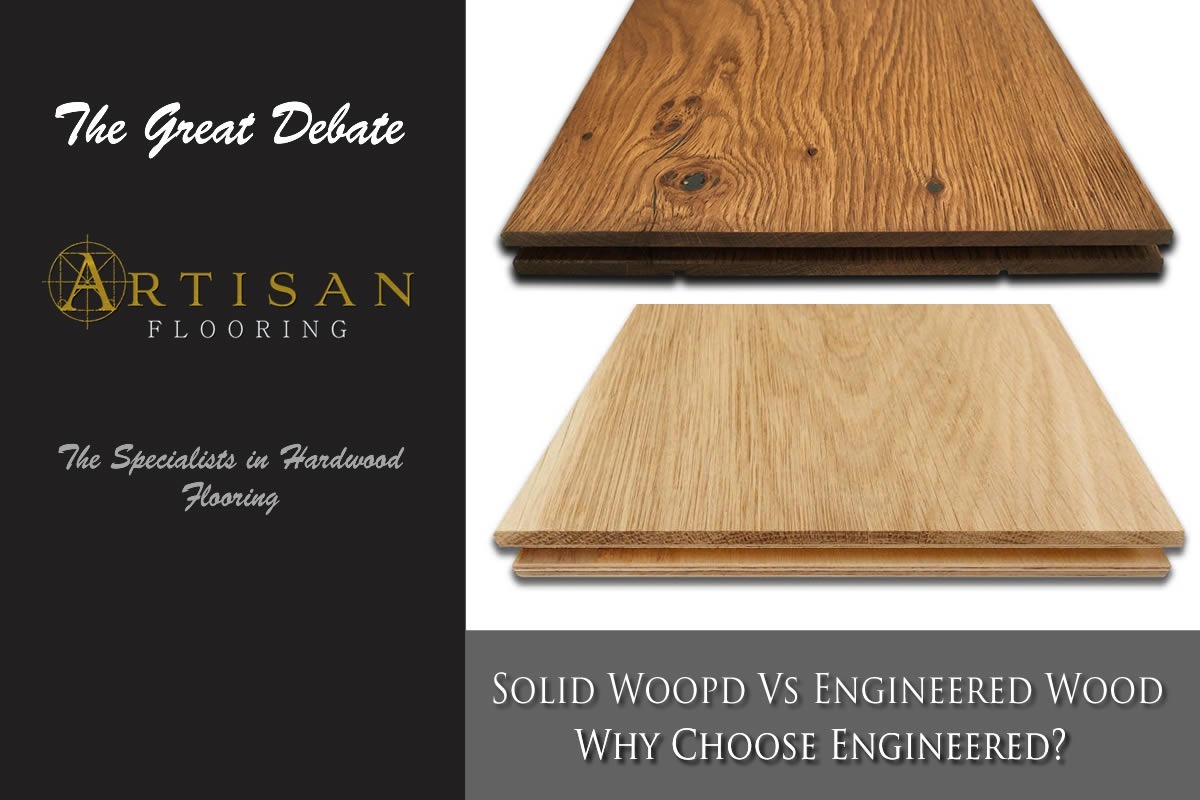
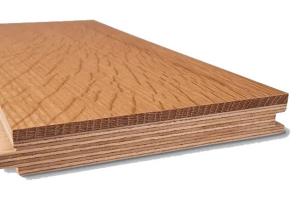


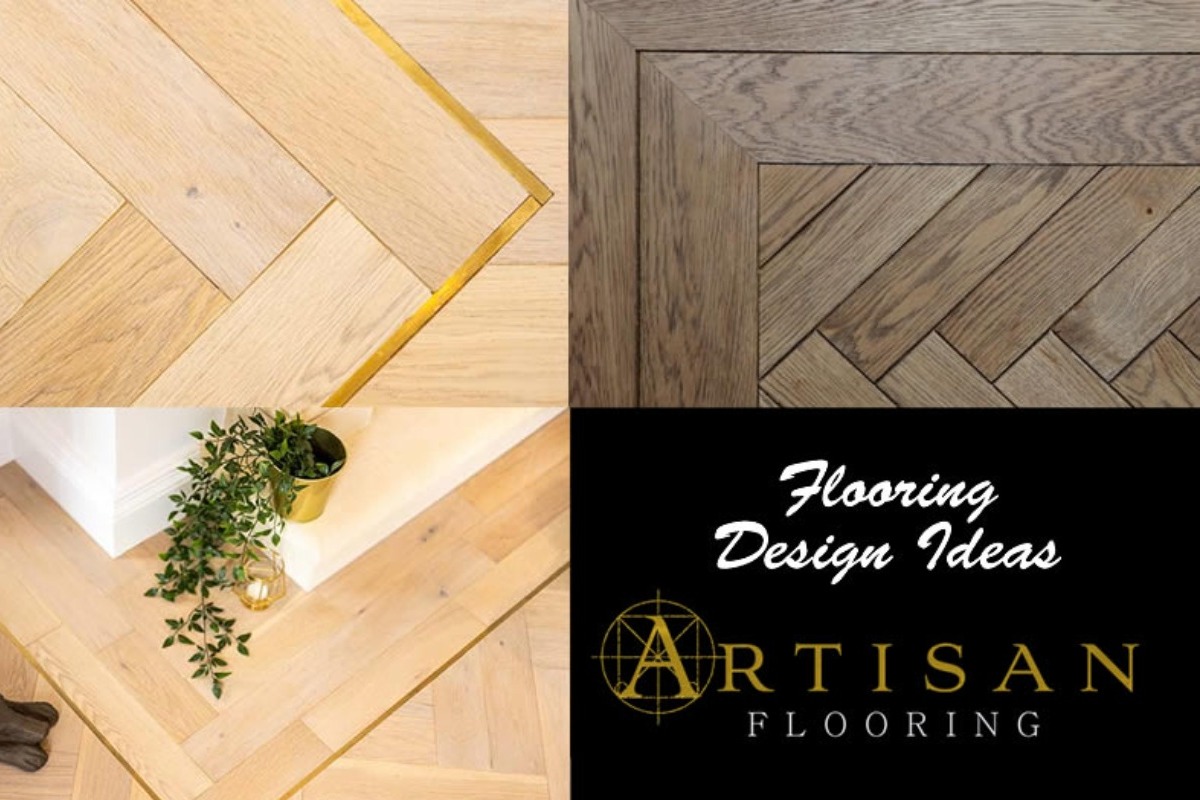
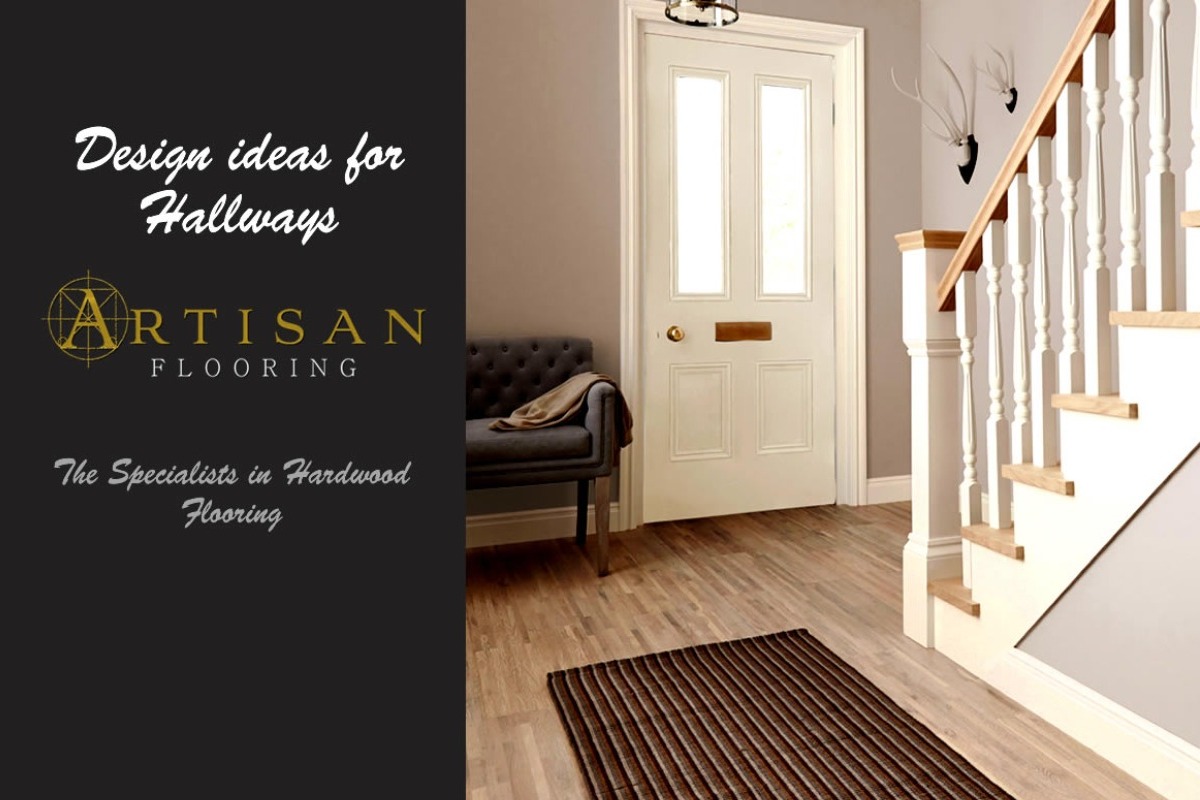
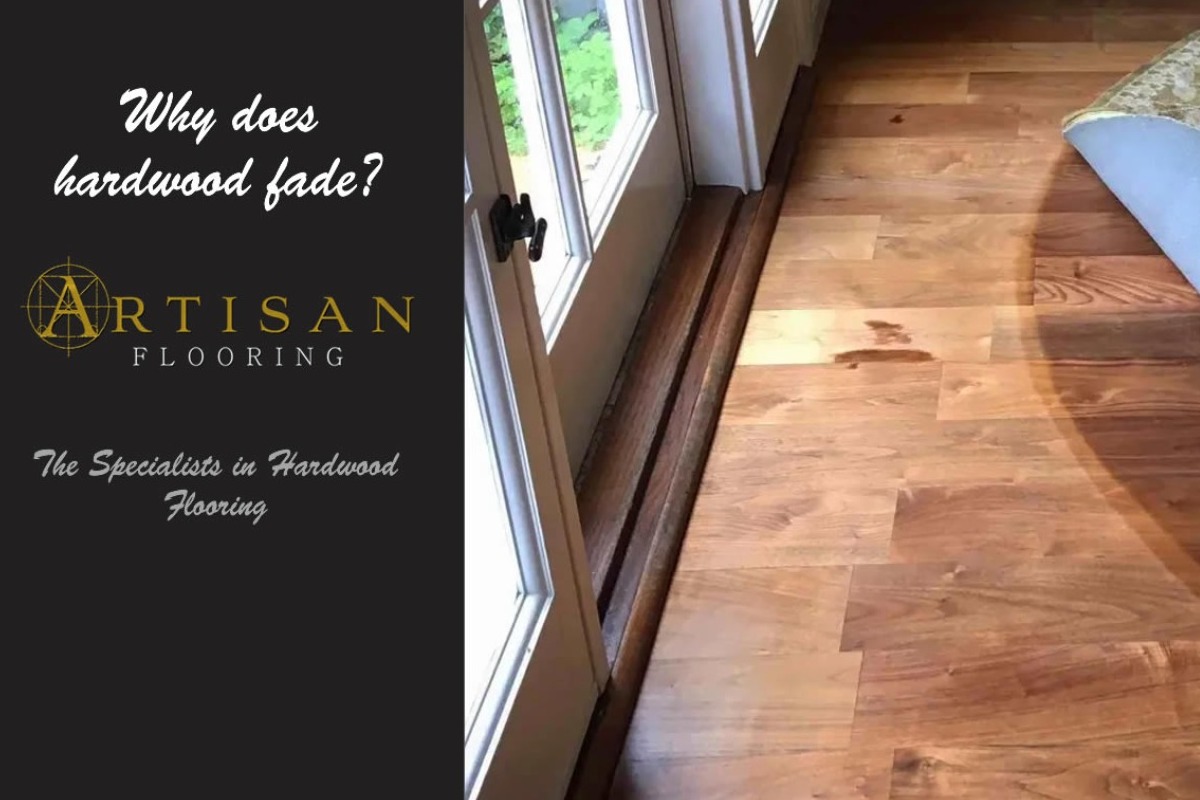
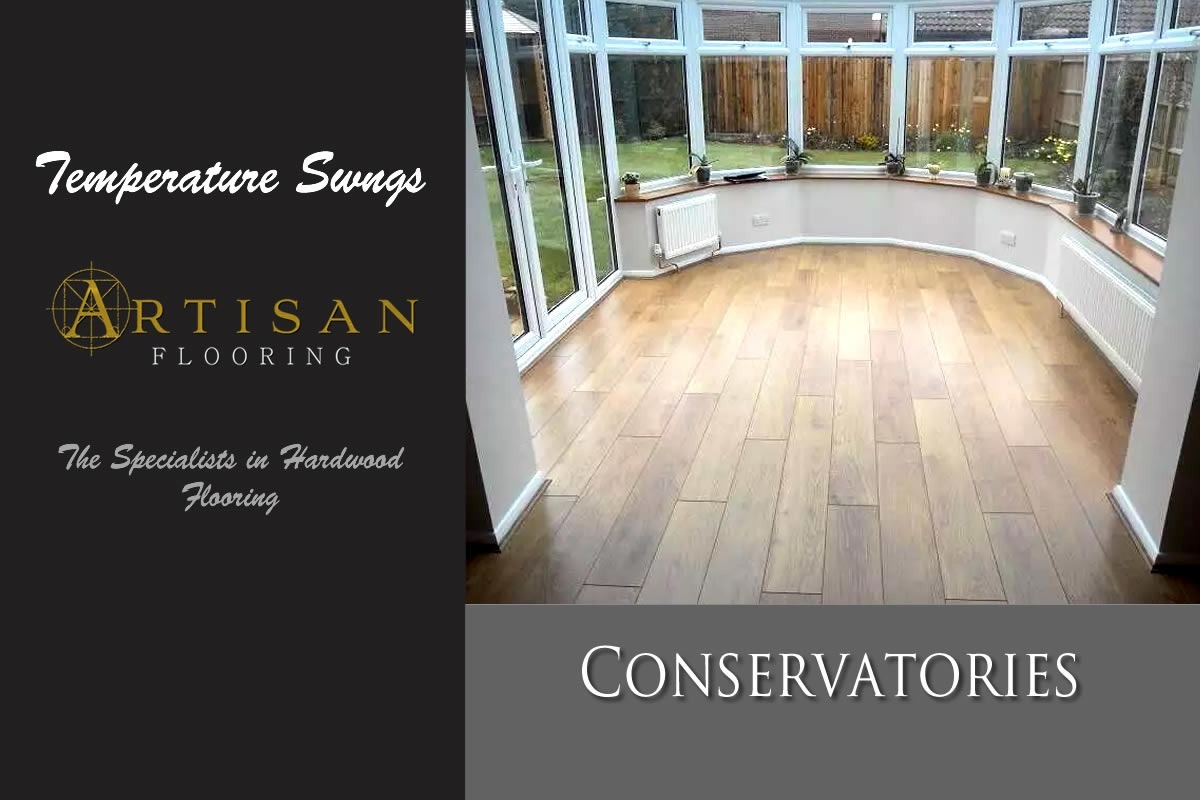
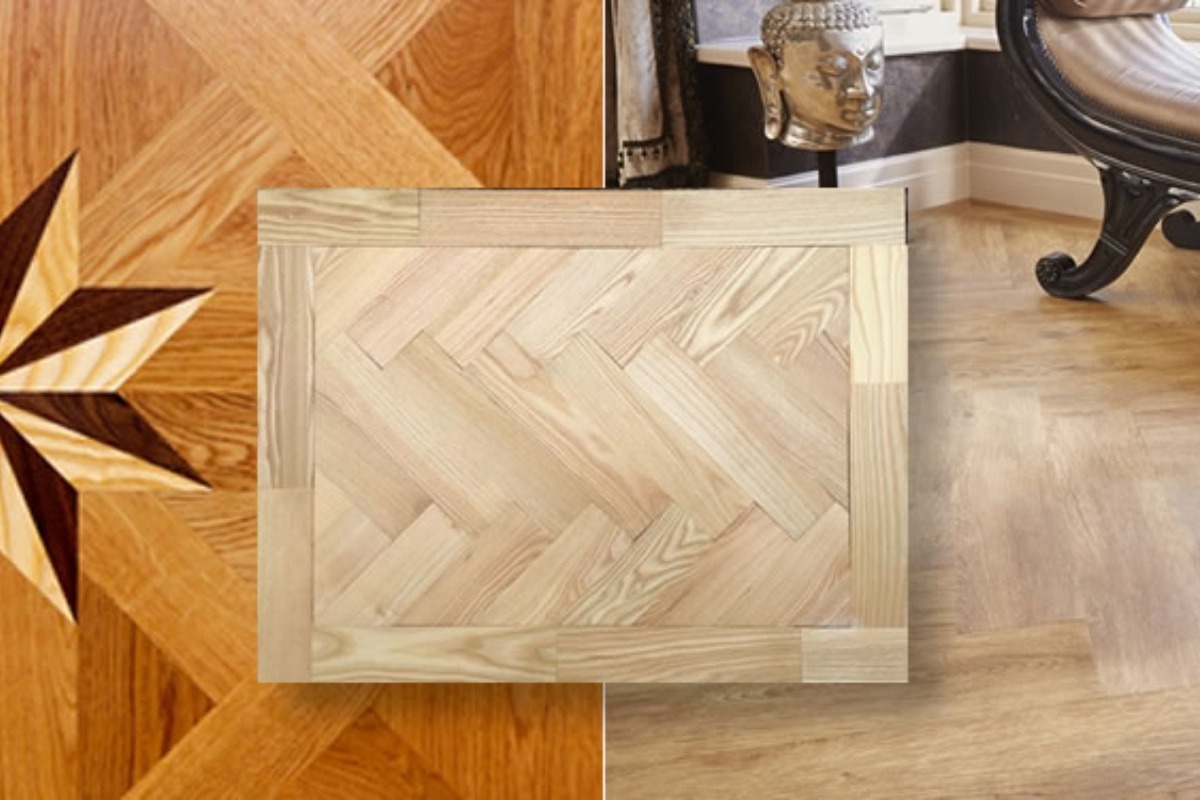
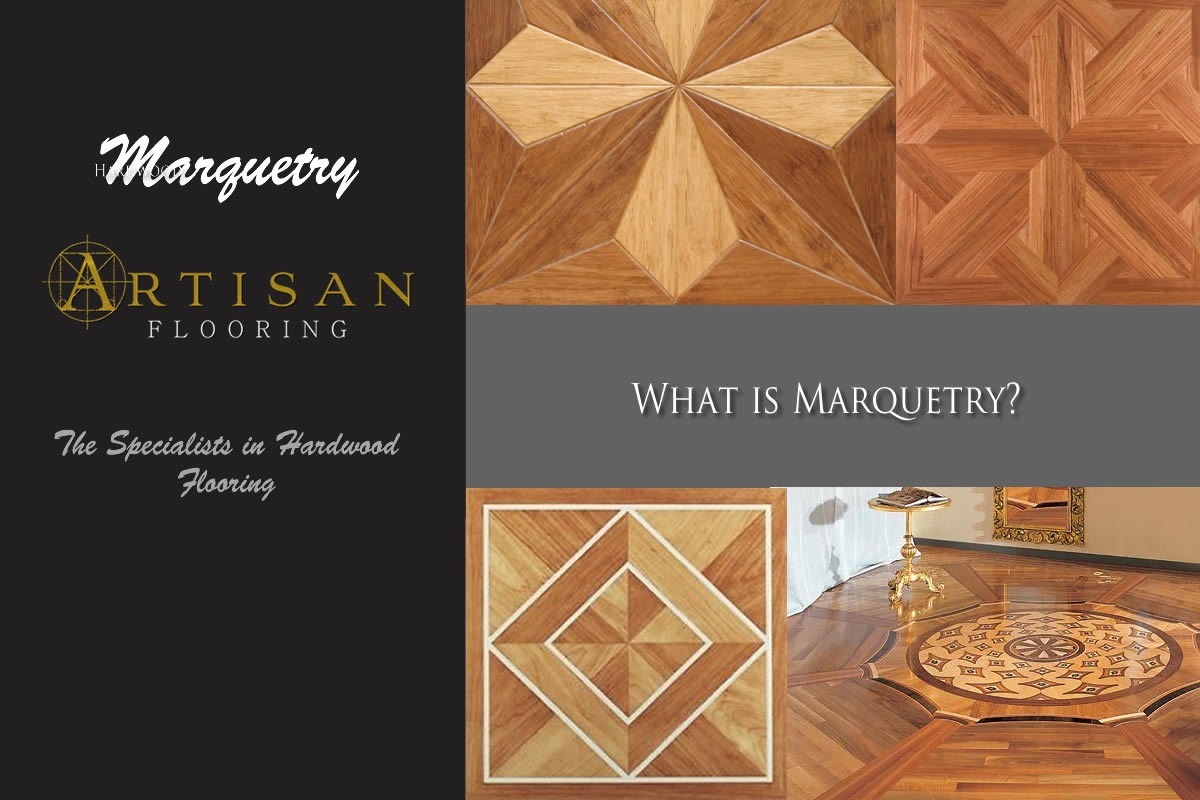


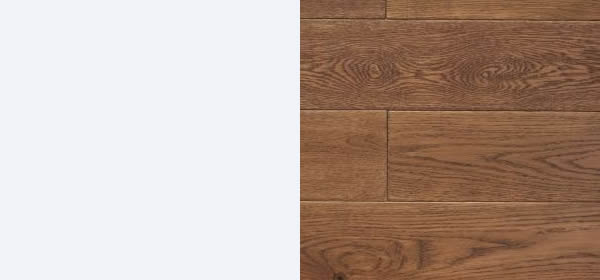
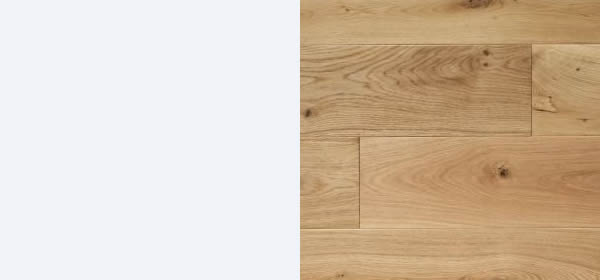

Recent Comments
No Comments have been left yet! Be the first :)